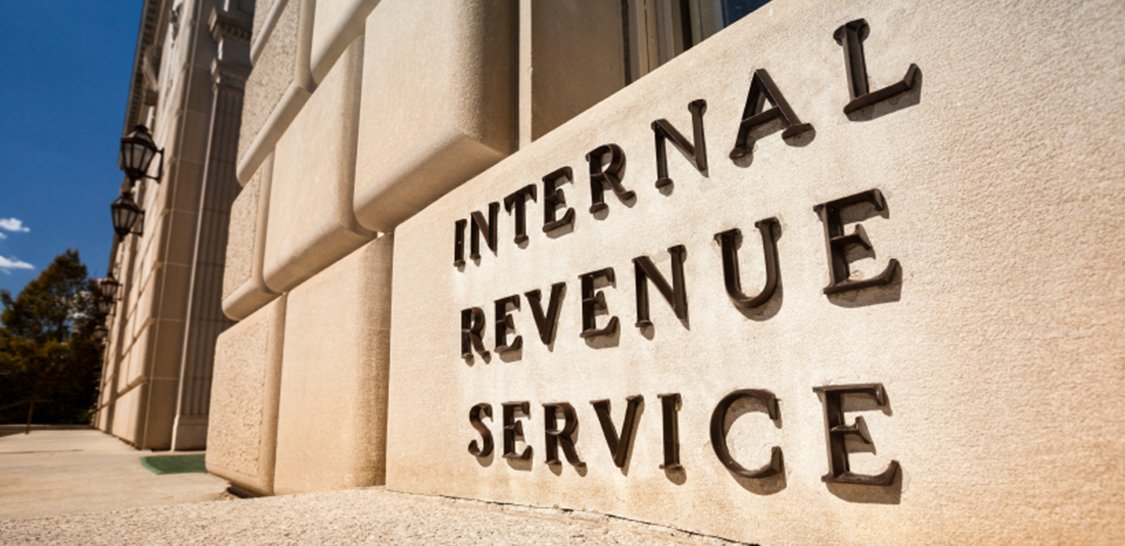If your company’s health plan is self-insured, you may be required to pay an excise tax and complete Form 720 with the IRS, per regulations introduced under the Patient Protection and Affordable Care Act of 2010. Established to fund the Patient-Centered Outcomes Research Institute, the so-called “PCORI fee” is required for plans years ending on or after October 1, 2012 and before October 1, 2019.
The PCORI fee will be reported on IRS form 720, “Quarterly Federal Excise Tax Return” by July 31 of the calendar year immediately following the last day of the plan year. For example, for plans ending on January 1, 2013 through December 31, 2013, the Form 720 is due July 31, 2014. No quarterly estimates are due during the year.
The PCORI fee is imposed on the plan sponsor of an applicable self-insured health plan. This includes a plan established or maintained by the plan sponsor – usually the employer – for the benefit of the employees, former employees including retirees or other eligible individuals to provide accident or health coverage if any portion of the coverage is provided other than through an insurance policy.
Multiple self-insured plans established and maintained by the same plan sponsor with the same plan year may be treated as a single self-insured health plan for purposes of calculating the fee. As a result, the same life covered under each plan would count as only one covered life for purposes of calculating a fee. For example if a plan sponsor has one self-insured plan providing medical benefits and another providing prescription drug benefits with the same plan year. The two plans may be treated as one self-insured health plan for purposes of the fee.
Another example would be if a health reimbursement arrangement (HRA) is integrated with another applicable self-insured health plan that provides major medical coverage. In this example, the HRA and major medical plan may be treated as one self-insured plan. However, a HRA integrated with an insured group health plan is subject to the fee as an applicable self-insured health plan. In that case, the issuer (the insurance company) of the insured group health plan would also be subject to the fee.
The PCORI fee does not apply to:
- HIPAA-excepted benefits, such as stand-alone dental and vision plans and on-site medical clinics
- Health savings accounts (HSAs)
- Health flexible spending arrangements (FSAs)
- Employee assistance plans, disease management programs and wellness programs, to the extent they do not provide significant medical benefits
- A plan that, as demonstrated by the facts and circumstances surrounding the adoption and operation of the plan, was designed specifically to cover primarily employees who are working and residing outside the U.S.
- Stop-loss and indemnity reinsurance policies
Not sure whether your company is required to pay the PCORI fee? Contact your RKL tax advisor to ensure you’re in compliance.




